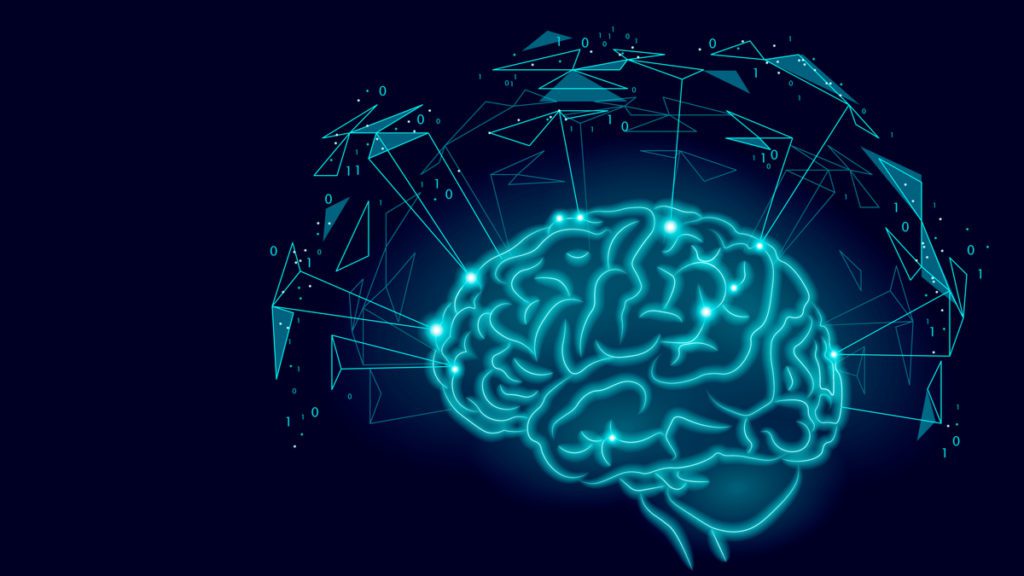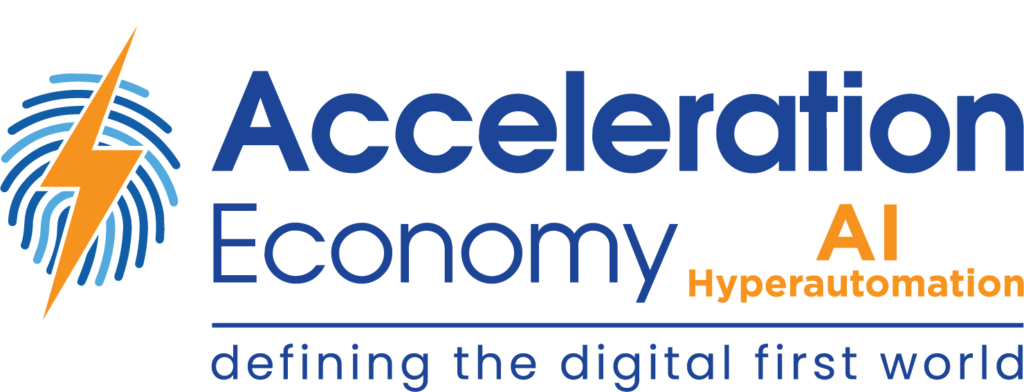As a result of technological improvements in the last ten years, every business, including customer service, has undergone radical change. A case may be made that firms should emphasize human agents despite the fact that technology, such as artificial intelligence (AI), has helped expedite operations and remove the necessity of labor.
Through the internet, software modules, social media, and a variety of other techniques, we’ve seen technology help the everyday routines of human jobs, and even social lives in certain circumstances. Technology businesses have been introducing applications, software, and programming modules that leverage augmented intelligence to provide people with an unparalleled increase in productivity. This is because tangible and results-driven R&D is now at the fore.
Boosting Human Intellect & Intelligent Automation
AI will never be able to accurately mimic the intricacies of the human mind and the numerous variables that influence real-time decision-making. So, AI’s practical use is limited to routine duties within closed management systems for the time being.
Using artificial intelligence to boost human intellect, the methodology of Intelligent Automation puts human decision-making in the lead role. As a result, real-world processes may be put into motion and lead to more focused and effective outputs. It’s possible for IA to go much beyond chatbots and more advanced kinds of robotic process automation when humans are in the loop and effectively in charge.
Augmented Human Performance & Customer Service
Human performance and interactions may be augmented to get better results using the augmented intelligence method to build emotionally intelligent technology. As a result, customer service still relies heavily on the human factor.
AI has provided businesses with the potential to decrease agent costs and incorporate techniques, such as automated answers and chatbots. However, depending exclusively on technology has generated new and sometimes annoying difficulties for consumers.
While implementing a customer service model purely powered by AI may not be the best option, many aspects of it might still be useful if done correctly. When it comes to providing excellent customer service, the right mix of technology and human agents with empathy is key.
Augmented Human Intelligence Improves Decision Making
AI and human intelligence can help businesses make better business decisions when it comes to customer care. This is a win-win-win situation for everyone involved: the company, the customer service agents, and, of course, the customers themselves, who will benefit from the increased efficiency and, as a result, the higher quality of service.
Applications of Augmented Intelligence
The purpose of augmented intelligence is not to replace human tasks, but rather to enhance the human capacity to do such activities. One of the most important distinctions between artificial intelligence and augmented intelligence is whether or not the machines involved are capable of learning and applying new cognitive abilities.
Even though AI is designed to assist humans in areas such as computation and memory as well as precision and recognition, augmented intelligence allows us to see how AI can also assist humans in areas such as abstraction and the breaking of rules as well as listening and storytelling.
Many applications make use of augmented intelligence. Let’s have a look at a few of them below:
Sales
Human-machine collaboration is essential to the advancement of modern business. Opportunities to use augmented intelligence are frequently found in departments and teams.
For instance, salespeople will benefit from incorporating intelligent capabilities into their sales department. Augmented intelligence frees salespeople to focus on what they do best: fulfilling the requirements of their clients. AI is capable of evaluating sales data and translating the data into actionable information. The applicability of AuI, a hybrid of human and artificial intelligence planning inputs, to a wider variety of business issues is increasing at a rapid rate.
Logistics Planning
The position of a logistics planner requires many years of practical experience and a thorough understanding of how the supply chain operates. This is where AI comes into play: when dealing with highly trained logistics planners. AuI should be used by businesses to enhance logistics planning.
Healthcare
Patients and healthcare providers are confronted with a slew of issues, including an aging population, physician scarcity, and skyrocketing healthcare expenditures. The major function of artificial intelligence is to improve the knowledge and abilities of caregivers. The goal of AuI is not to replace doctors and nurses, but rather to improve the doctor-patient connection and the quality of human intelligence.
Final Thoughts
The storage capacity of intelligent machines (or computers) is practically infinite, and they are extremely efficient in numerical calculations, information retrieval, and statistical reasoning. Many different languages and dialects are within their grasp. They’ve grown to be human’s closest friends and they’re reshaping our present and defining our future.
We’re living in a time where robots and people working together are more common and more effective than ever before. In comparison to computers, the human brain is an extraordinarily sophisticated and powerful processing machine. Even if machines are as sophisticated as humans, they can never entirely replace us. So, there is nothing to be concerned about.
All that’s left is to become organized. With AI’s help, we’ll be able to accomplish more in less time in the near future. Instead of focusing on AI, we should look at how organizations may benefit from the technology.
Looking for real-world insights into artificial intelligence and hyperautomation? Subscribe to the AI and Hyperautomation channel:








